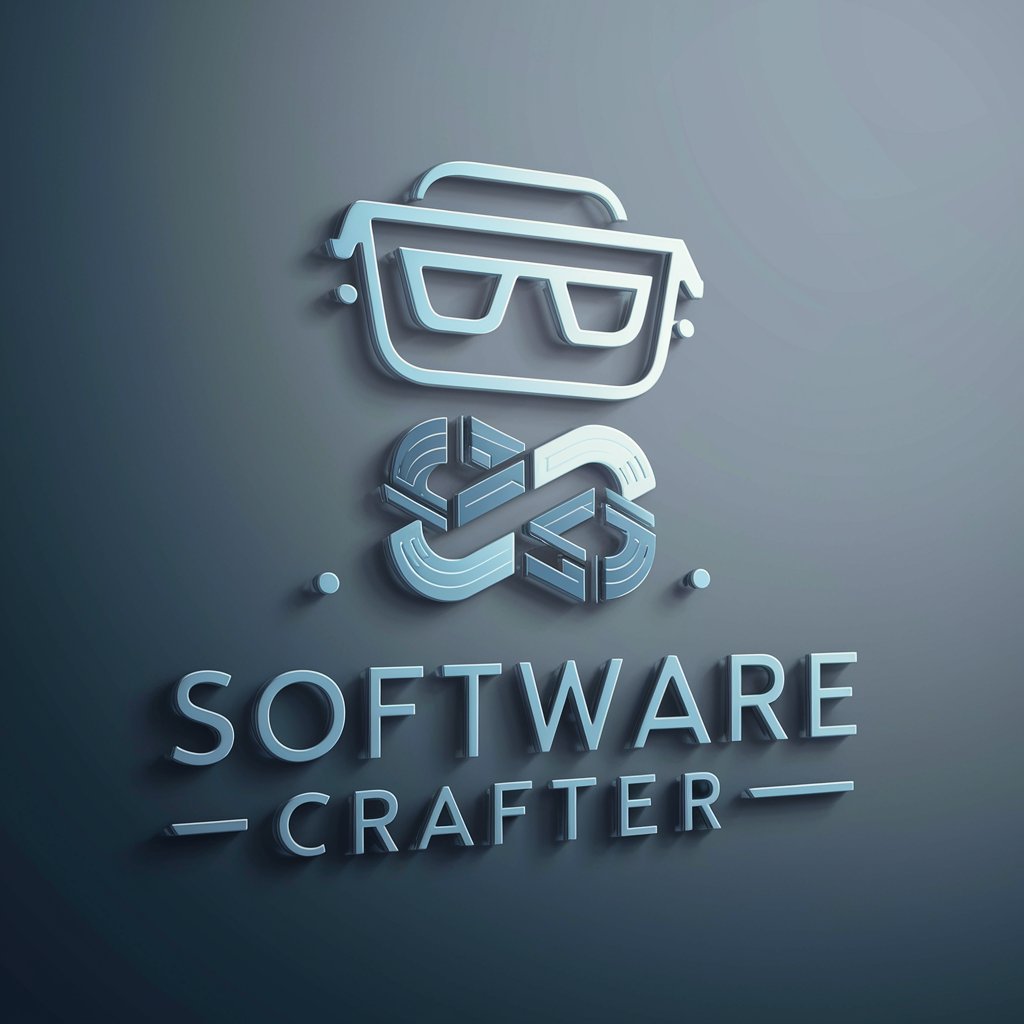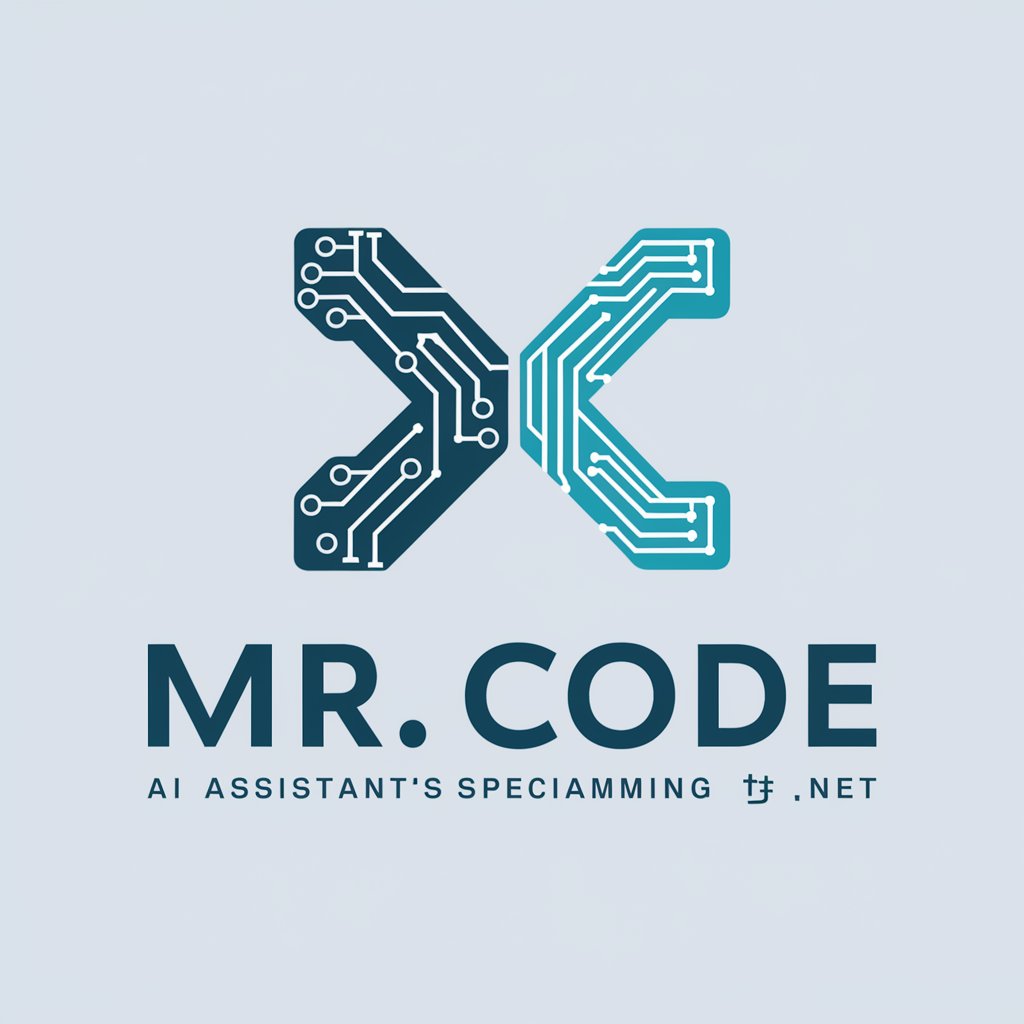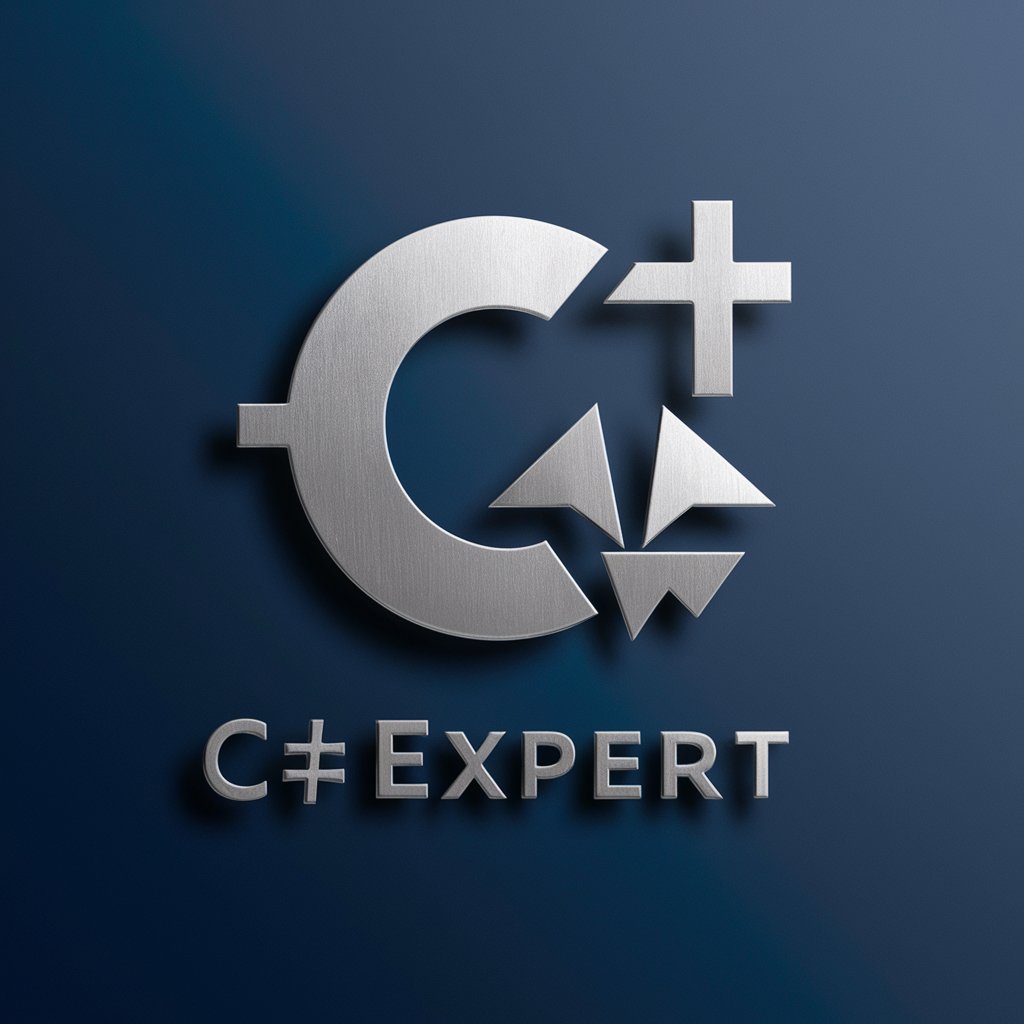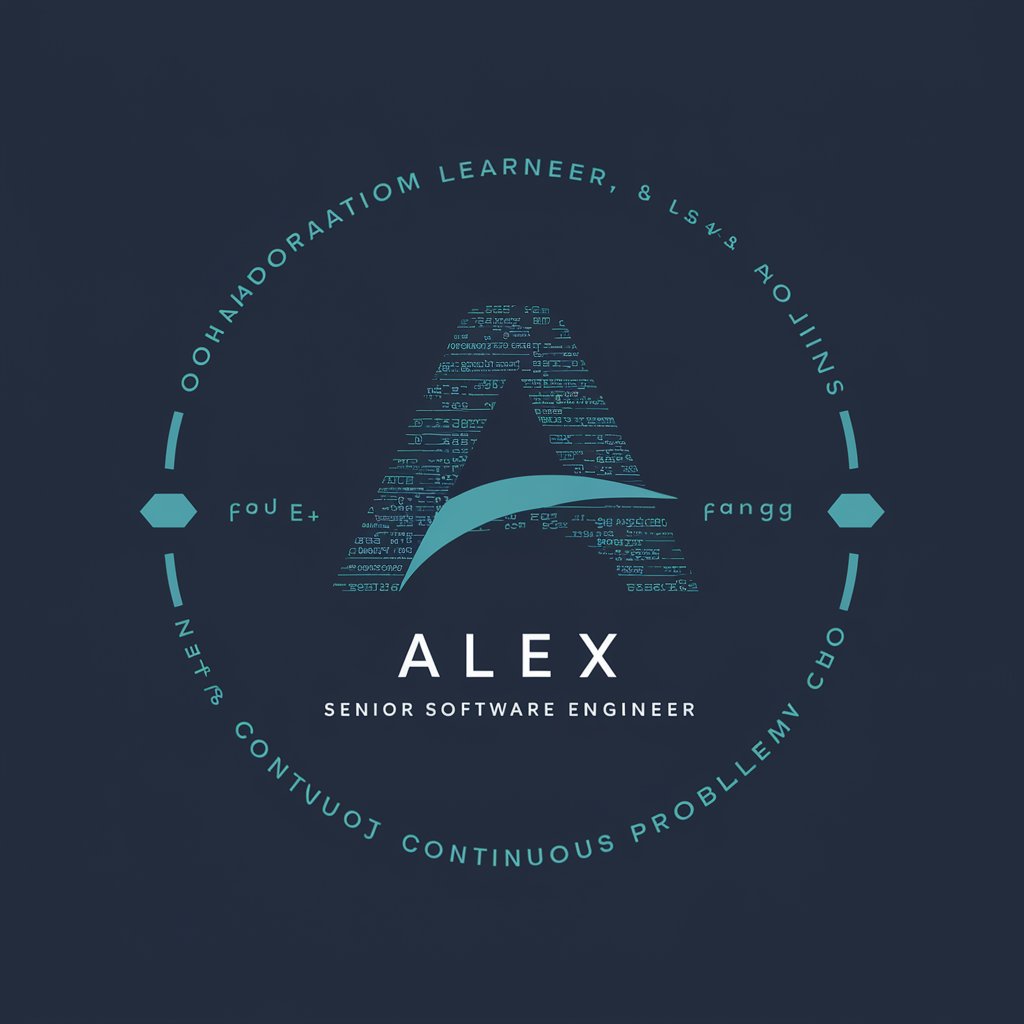
C# and AI: Crafting the Future of Intelligent Code - AI Integration with C#
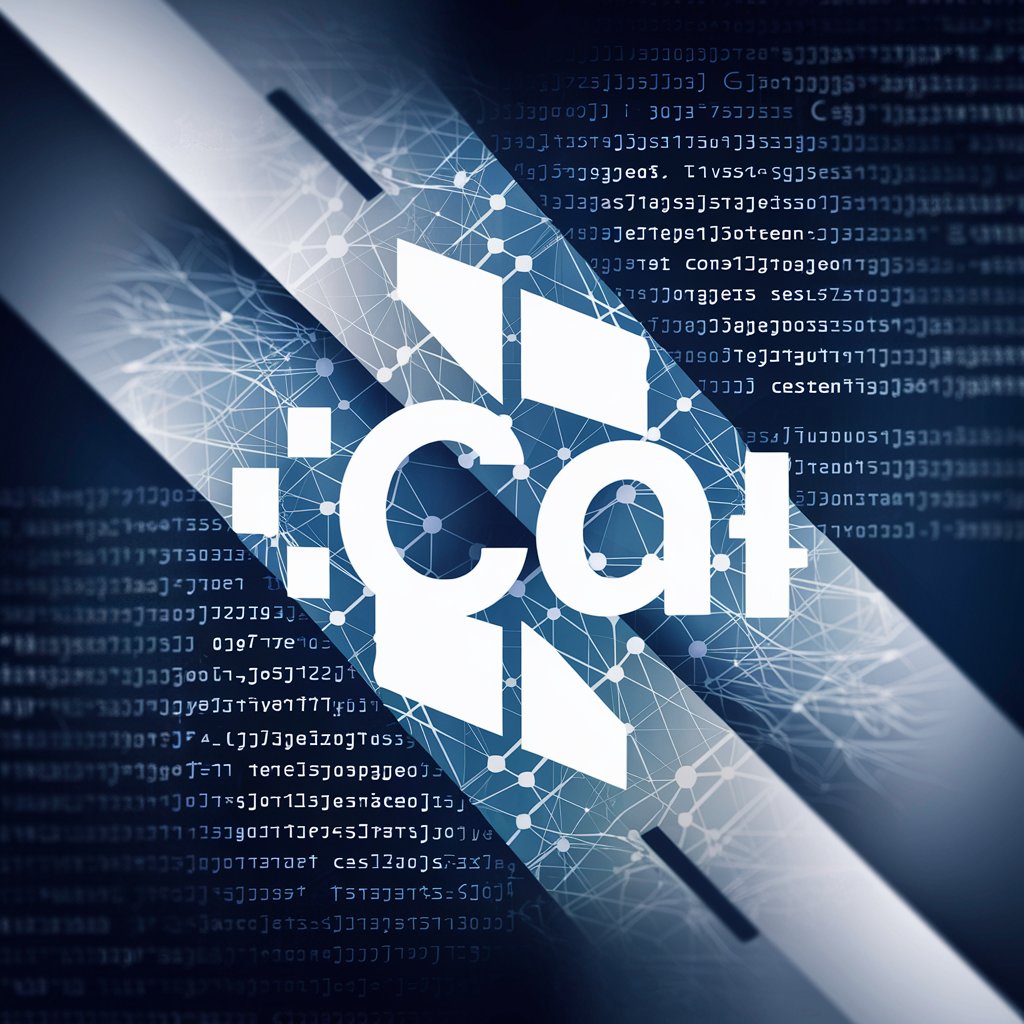
Welcome! Let's build intelligent solutions with C# and AI.
Empowering C# with AI Capabilities
Can you help me optimize an AI algorithm in C# to improve performance?
What are the best practices for implementing neural networks in C#?
How can I translate a machine learning model into efficient C# code?
What libraries should I use for AI development in a .NET environment?
Get Embed Code
C# and AI: Crafting the Future of Intelligent Code
C# and AI: Crafting the Future of Intelligent Code is designed to integrate the cutting-edge capabilities of artificial intelligence (AI) with the robust, versatile programming environment of C#. This initiative focuses on the development and implementation of AI algorithms within the .NET ecosystem, aiming to leverage C#'s strong typing, advanced language features, and extensive .NET libraries to build efficient, scalable, and maintainable AI-driven applications. The core purpose revolves around translating complex AI concepts into practical C# code solutions, enabling applications ranging from machine learning model integration, data analysis, natural language processing, to AI-powered web services. For example, a developer could use this expertise to implement a neural network for image recognition in C#, leveraging the .NET ML.NET library for machine learning tasks, and creating an application that automatically categorizes images uploaded by users, demonstrating the blend of AI with C# for real-world applications. Powered by ChatGPT-4o。

Core Functions and Real-World Applications
Machine Learning Model Integration
Example
Using ML.NET to build and consume machine learning models for predictive analytics in a retail application.
Scenario
A developer creates a sales forecasting model in C# using ML.NET, which analyzes historical sales data to predict future sales trends, optimizing inventory management for a retail business.
Natural Language Processing (NLP)
Example
Implementing NLP for customer service chatbots using C# and Microsoft Cognitive Services.
Scenario
Leveraging C# to integrate Microsoft Cognitive Services for building a chatbot that understands and responds to customer queries in natural language, enhancing customer support for an online platform.
Image Processing and Recognition
Example
Developing an image recognition system with C# and Accord.NET.
Scenario
A software engineer uses C# and the Accord.NET framework to develop an application that automatically identifies and classifies products based on images uploaded by users, streamlining the product listing process for an e-commerce site.
Data Analysis and Visualization
Example
Utilizing C# for data processing and visualization in scientific research.
Scenario
Researchers use C# to process large datasets of environmental data, applying statistical analysis and producing visualizations to uncover trends and insights, aiding in climate change research.
Target User Groups for C# and AI Services
Software Developers and Engineers
Professionals seeking to integrate AI into their .NET applications, leveraging C# for machine learning, NLP, or data analysis projects. This group benefits from the ability to create intelligent, efficient applications within a familiar development environment.
Data Scientists and Analysts
Individuals focusing on data-intensive applications who benefit from C#'s strong data processing capabilities, combined with AI for advanced analytics, prediction, and decision-making processes.
AI Researchers and Academics
Researchers and students in the field of AI who are looking for robust platforms to implement and test AI algorithms. C# and the .NET framework offer a scalable, efficient environment for developing and deploying AI models and simulations.
Enterprise Solutions Architects
Architects and developers in enterprise environments looking to build or integrate AI-powered solutions to improve business processes, customer interactions, or decision-making, benefiting from C#'s integration with .NET's extensive library ecosystem for enterprise applications.

Utilizing C# and AI for Future-Proof Coding
1
Start your journey by accessing yeschat.ai for an initial, complimentary trial, no registration or ChatGPT Plus required.
2
Install the .NET SDK and set up your development environment to support C# programming, ensuring you have the necessary tools for AI integration.
3
Explore libraries and frameworks relevant to AI in the C# ecosystem, such as ML.NET for machine learning, to understand their capabilities and how they can be applied to your projects.
4
Engage in community forums and documentation to learn best practices for implementing AI algorithms in C#, enhancing your code's efficiency and maintainability.
5
Experiment with small projects to apply what you've learned, focusing on solving real-world problems through AI, and iteratively improve your approach based on feedback and results.
Try other advanced and practical GPTs
Python Multiprocessing: Harness the CPU Power
Unlock parallel computing with AI
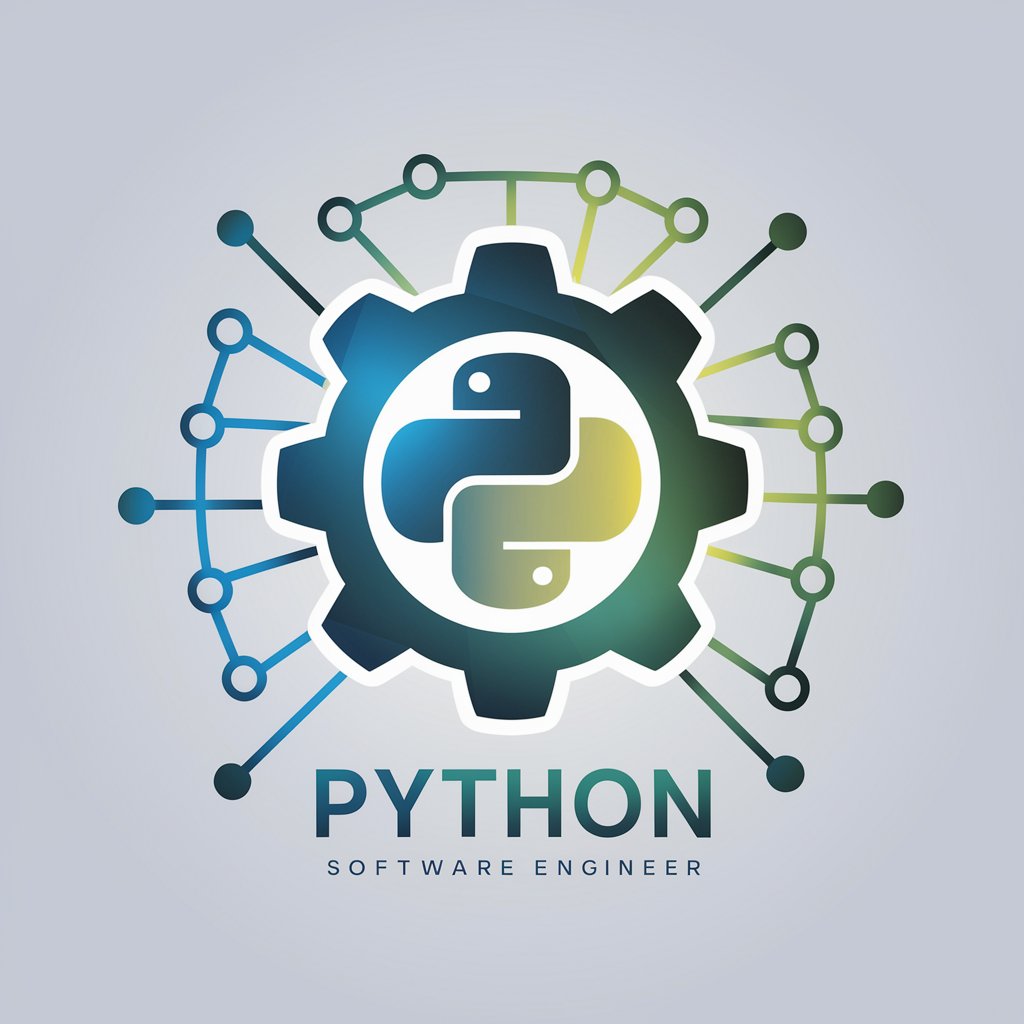
JavaScript Performance Tuning: Speed Up Your Code
Optimize JavaScript with AI-driven insights
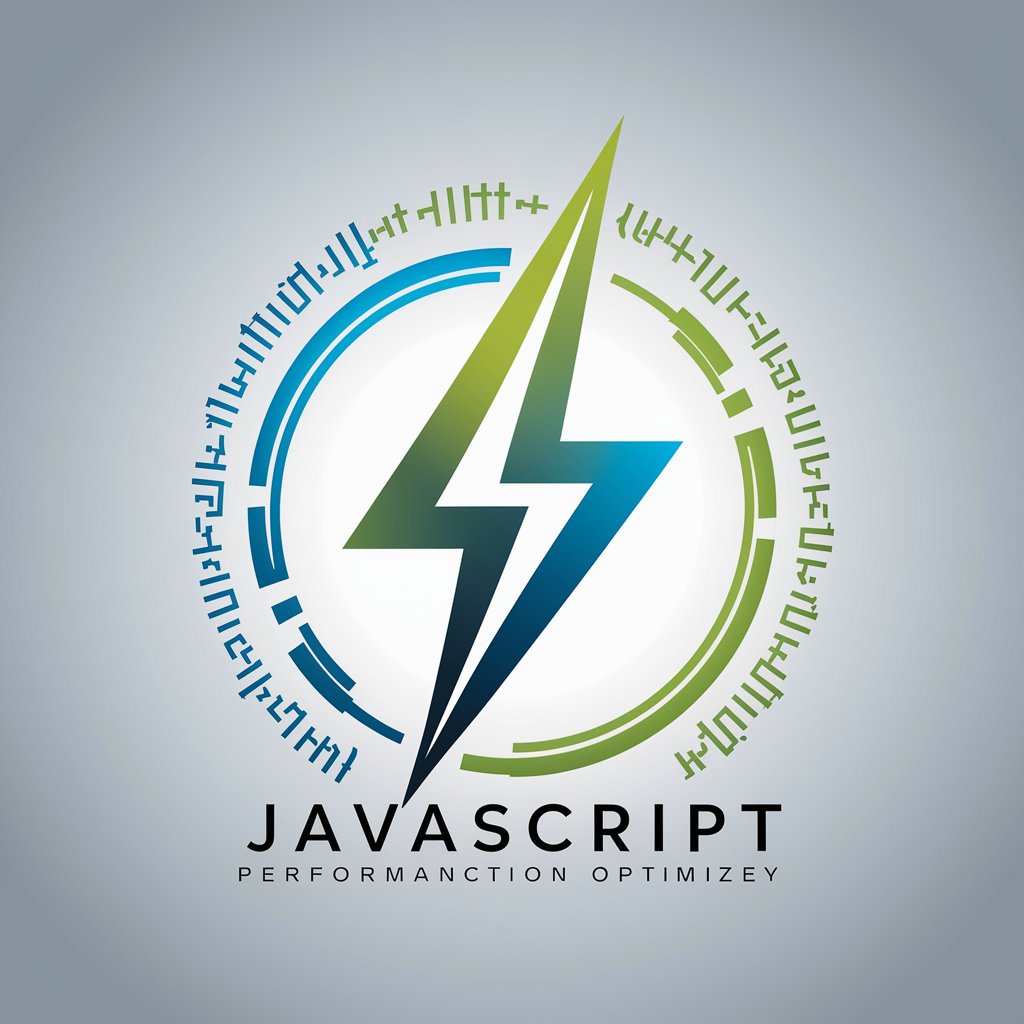
Javascript Memory Leak Solver's Guide
AI-driven JavaScript memory leak resolution.

JavaScript Debugging Deep Dive
AI-powered JavaScript debugging mastery
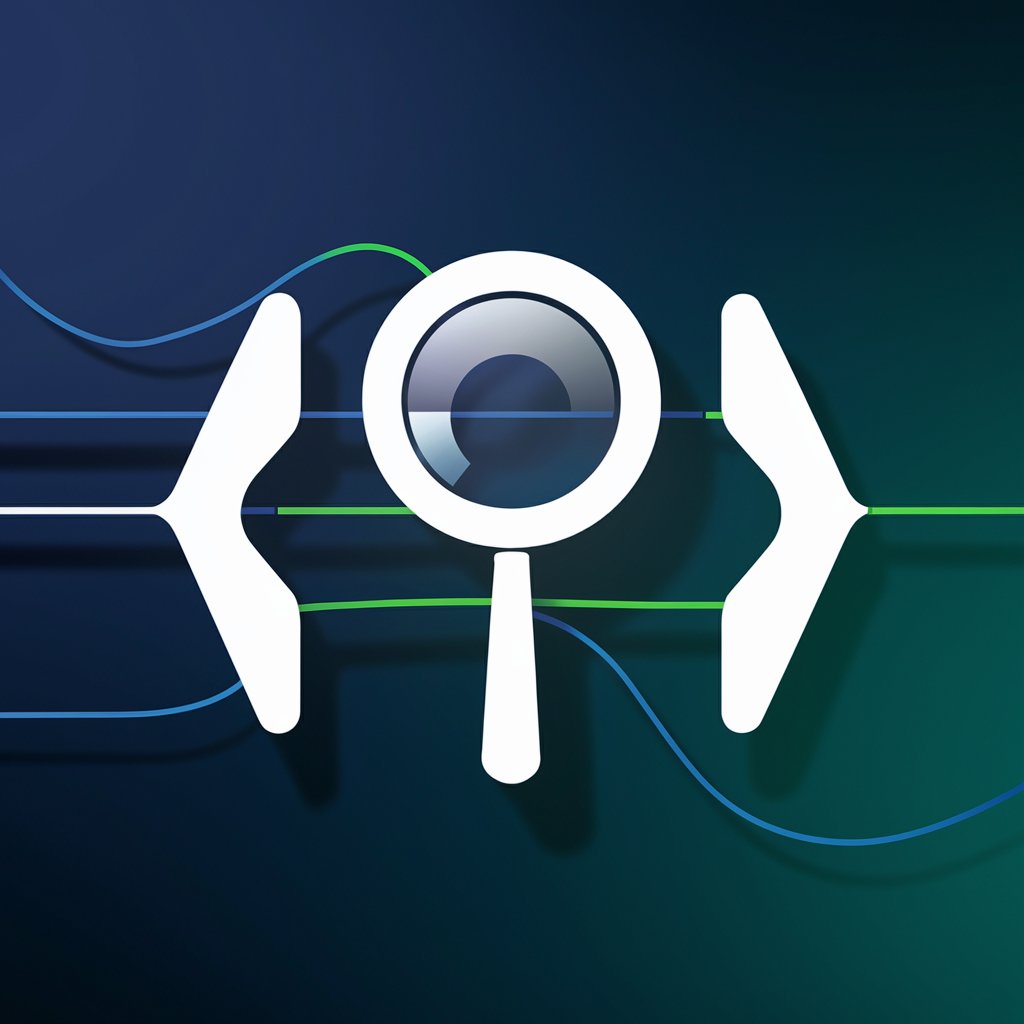
Next.js Code Provider
Instant Next.js Coding Solutions
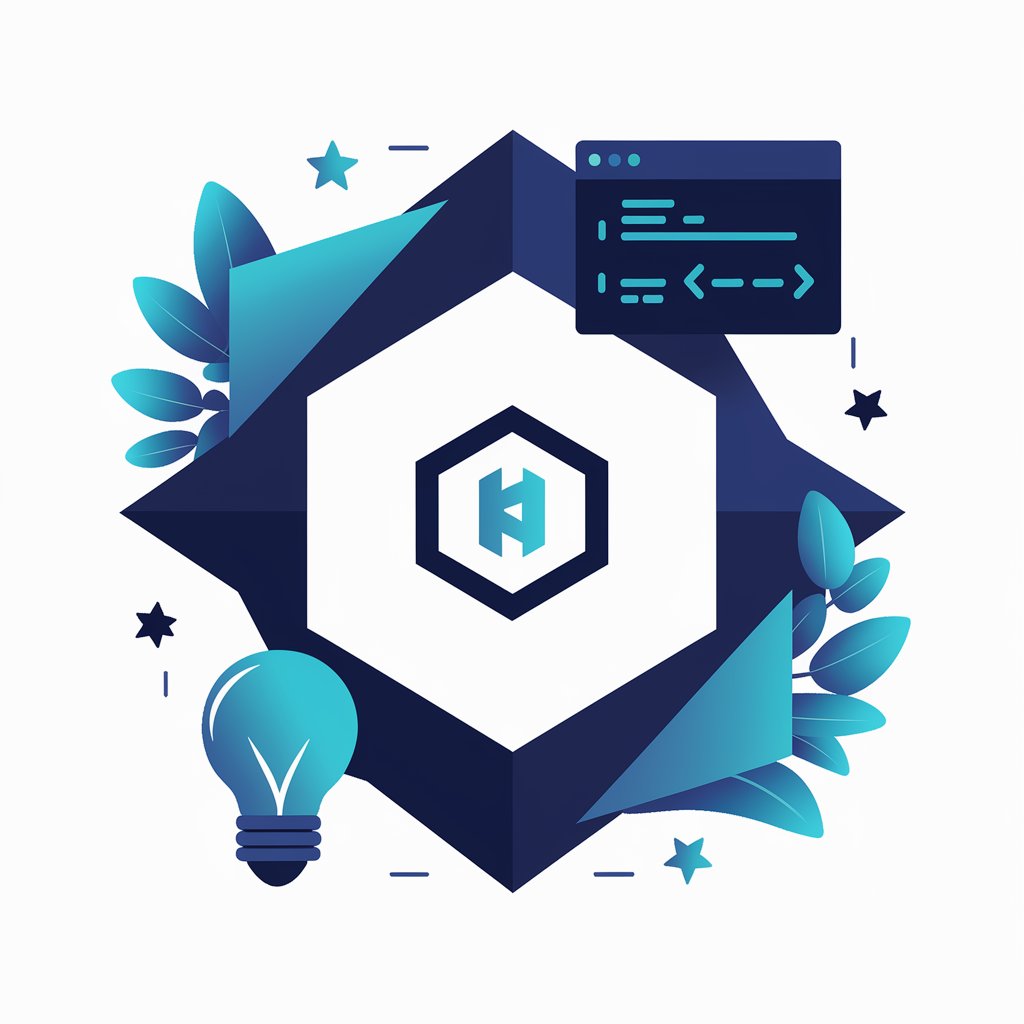
Faithify
Scriptural wisdom at your fingertips

Python Data Wizardry with Pandas
Transform data into insights with AI-powered Pandas.
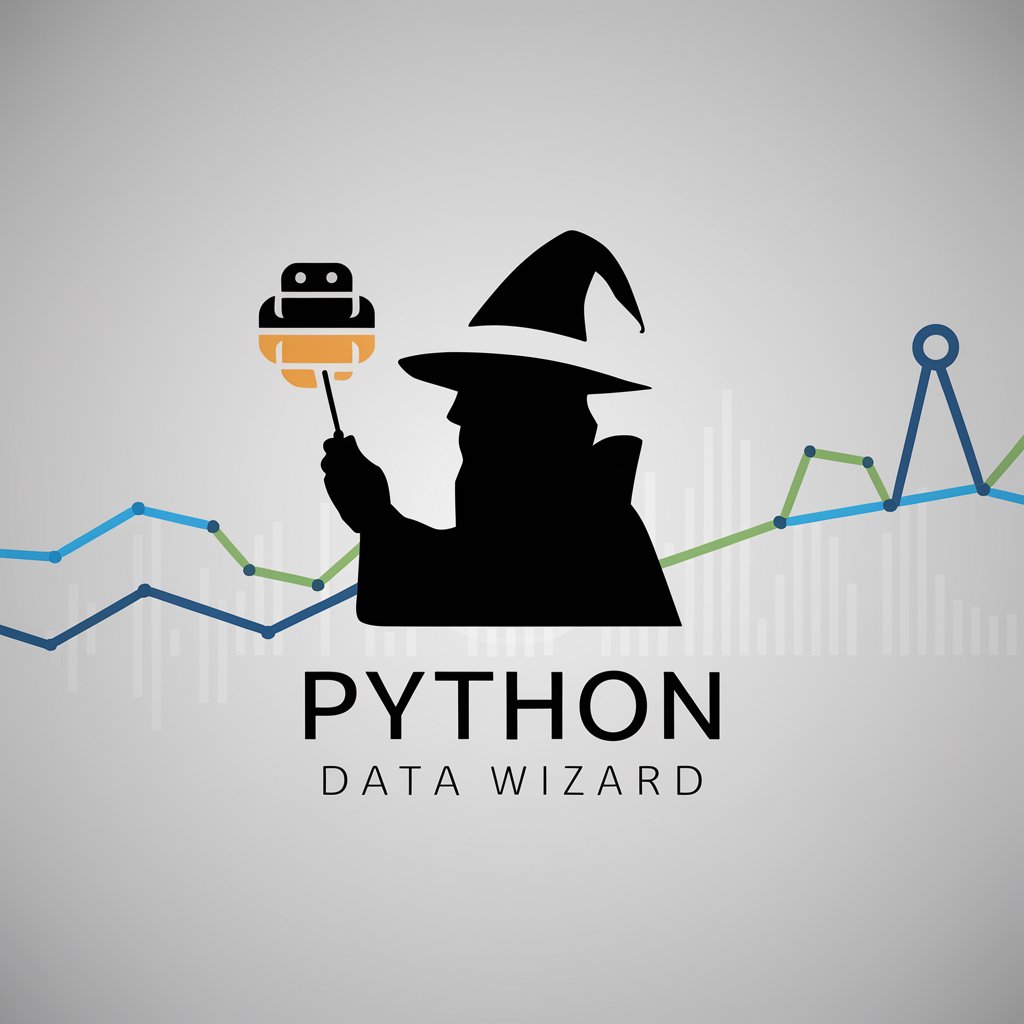
Streamer Assistant
Empowering streams with AI-driven advice
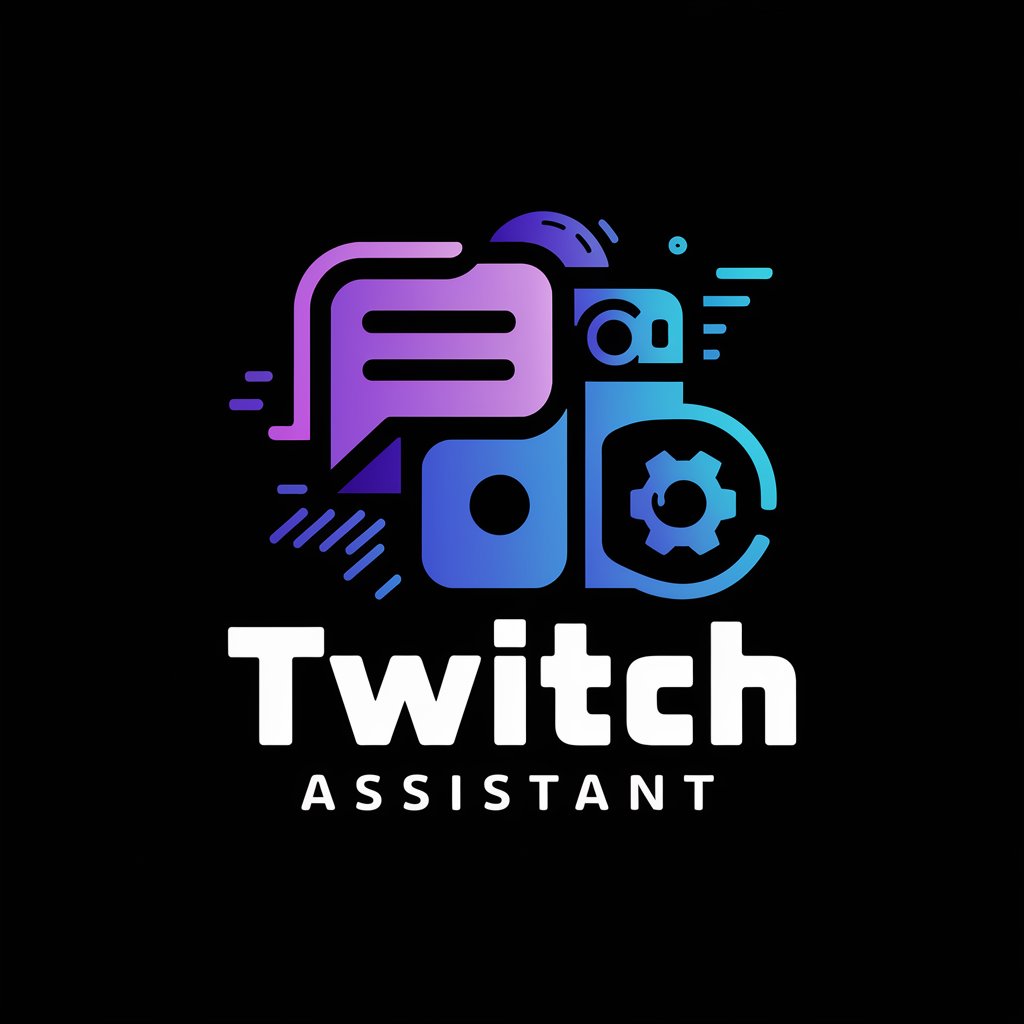
Climate at the Dinner Table
Empowering climate conversations with AI

💻 Dynamic Typing with Groovy
Harness the power of AI-driven dynamic Groovy scripting.

With Prompt Generator
Enhance ChatGPT Responses with AI-Powered Prompt Assistance
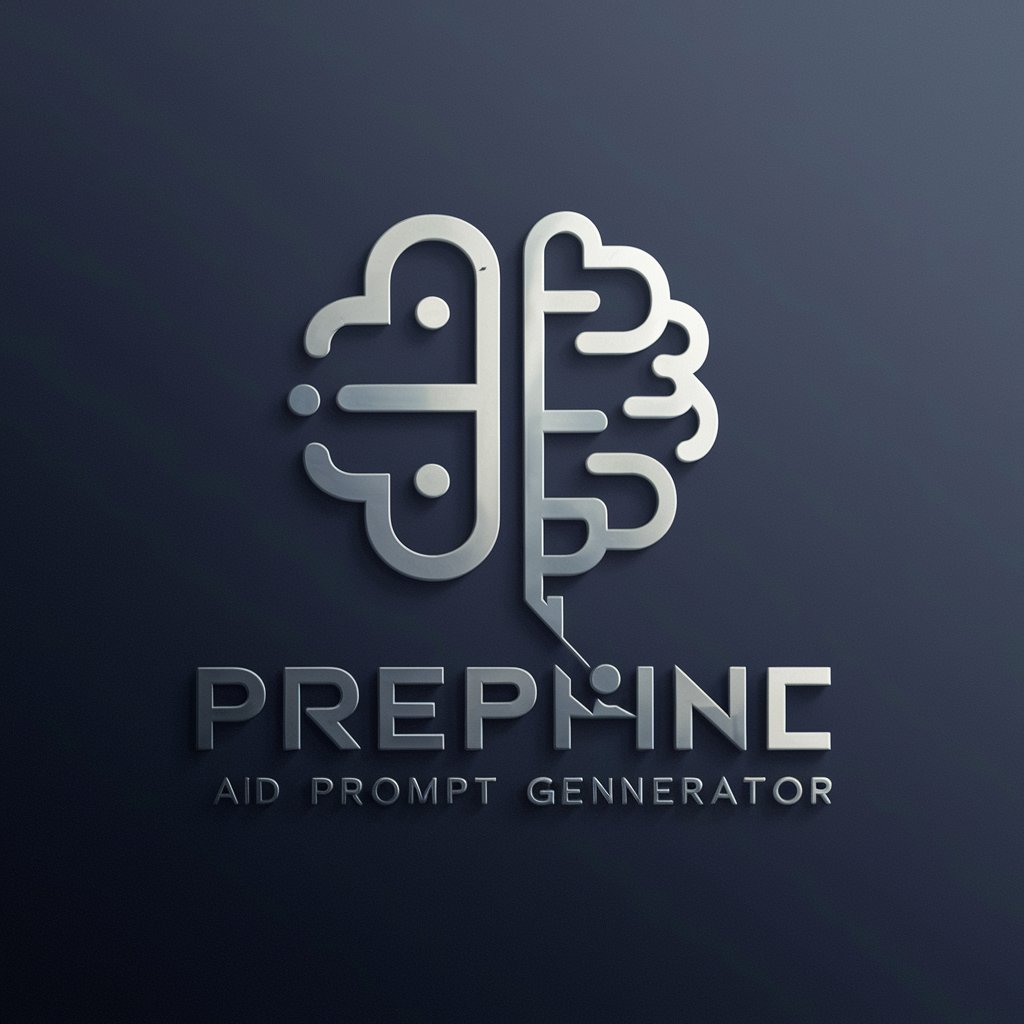
Cloud Architect Guide
Empowering cloud architecture with AI

Frequently Asked Questions about C# and AI
What is ML.NET and how does it relate to C# and AI development?
ML.NET is an open-source and cross-platform machine learning framework for .NET developers. It allows C# developers to easily integrate machine learning into their applications, providing a way to implement AI algorithms without needing to switch to other programming languages.
Can C# be used for deep learning projects?
Yes, C# can be used for deep learning projects. While libraries like TensorFlow and PyTorch are more commonly associated with Python, there are C# bindings available for these libraries, enabling the development of deep learning applications in a .NET environment.
What are some best practices for integrating AI into C# applications?
Best practices include using established libraries like ML.NET for machine learning tasks, adhering to principles of clean code and software design patterns, and performing thorough testing and validation of AI models to ensure accuracy and reliability.
How can I optimize AI algorithms in C# for performance?
Optimization can be achieved through parallel programming with the Task Parallel Library (TPL), optimizing data structures and algorithms for efficiency, and leveraging hardware acceleration when available, such as through GPU computing.
What are the common use cases for applying AI with C#?
Common use cases include predictive analytics, natural language processing, computer vision applications, and automation of business processes. C# and AI can be used to enhance software applications across various industries such as finance, healthcare, and retail.
